Biya Haile earns immigrant fellowship to continue his studies at Tech
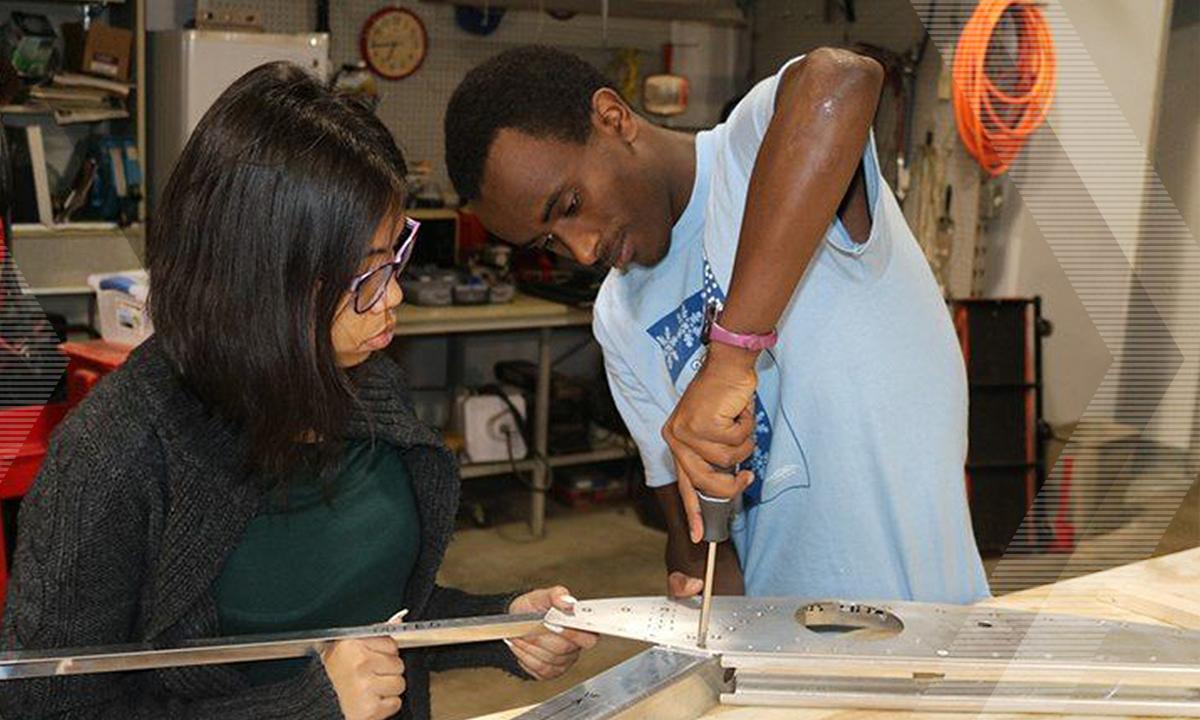
At 10 years old, Biya Haile began volunteering at automotive garages and working in his dad’s workshop in his hometown of Addis Ababa, Ethiopia. But because of corruption and ethnic discrimination, Haile had to leave those interests behind as his family immigrated to the United States and worked to build a new life.
Now, the natural-born engineer is graduating this spring with a degree in mechanical engineering and has been honored with the prestigious Paul & Daisy Soros Fellowship for New Americans, a national merit-based graduate fellowship for immigrants and the children of immigrants.
In the fall, Haile will enter the Ph.D. program in the School of Electrical and Computer Engineering at Georgia Tech as the first Soros fellow ever to pursue a graduate degree at Tech.
“The fellowship will open a lot of doors for me to access and pursue my ultimate dreams,” Haile said. “Most of all, it’s going to help me to network with people who are like me, who understand my experience of being an American and being in the United States.”
The fellowship was founded in 1997 by Paul and Daisy Soros, Hungarian philanthropists and immigrants, as a way to give back to the country to which their families immigrated and which granted them new opportunities. This fellowship not only gives back to the community but also honors the growing generations of immigrants in the United States and their contributions to society.
“When I arrived in the States, I felt welcome to embrace my academic aspirations along with my cultural and social identity simultaneously,” Haile said.
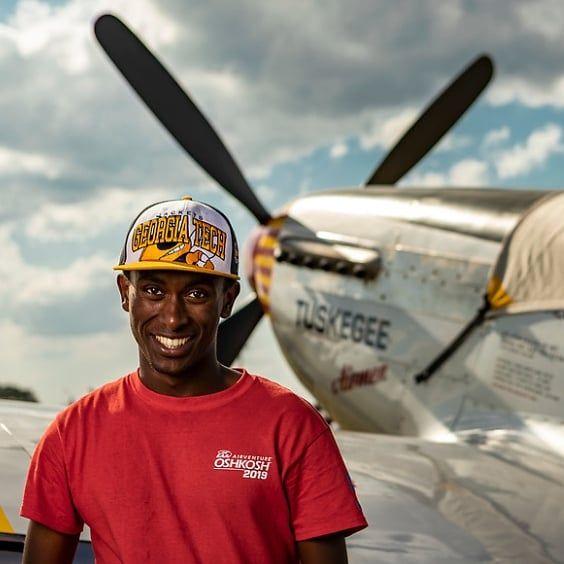
“Being an American immigrant in the United States means getting a second chance at life and a chance to contribute to the greater good. I feel like I'm a tiny gear of a larger machine that's working towards changing humanity overall.”
With a naturally curious mind and a love for building, Haile was always tinkering as a child and looking for ways to improve the community of Addis Ababa. Haile even worked on projects like building a water sprinkler system for a community garden near his home using PVC pipes that were going to be thrown out.
However, as he explored his newfound interests, Haile had to say goodbye to his mother when she left their home and emigrated to Kenya to escape a corrupt government, severe poverty, and the ethnic stigma their family faced. Seven years after she left, Haile’s mother arrived in the United States as a refugee. Haile and his siblings followed suit, reuniting with their mother.
“I did not see my mom for years, so I didn't even care about leaving the country and going to another country,” Haile said. “I was more excited to just see my mom.”
Once he arrived and reunited with his family, Haile quickly began working to adjust to his new life in the States. He relied on the support of his siblings as he faced a new culture, and he quickly learned a new language and enrolled in high school in his new home of Norcross, Georgia. He and his siblings read books and watched movies together to help pick up English, but playing sports in high school is what truly drew Haile out of his shell.
While in high school, Haile was a cross country and long-distance runner and also a member of the lacrosse team, a passion he carried on to college as a member of Tech’s lacrosse team.
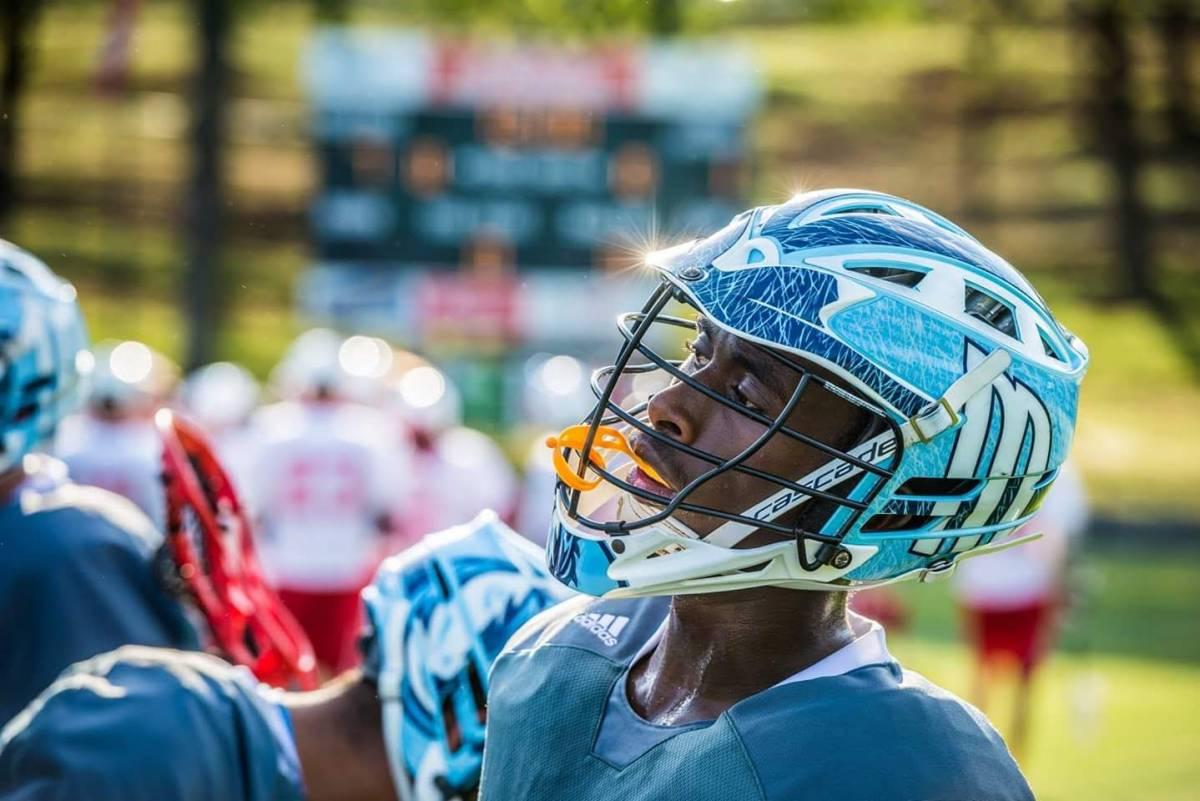
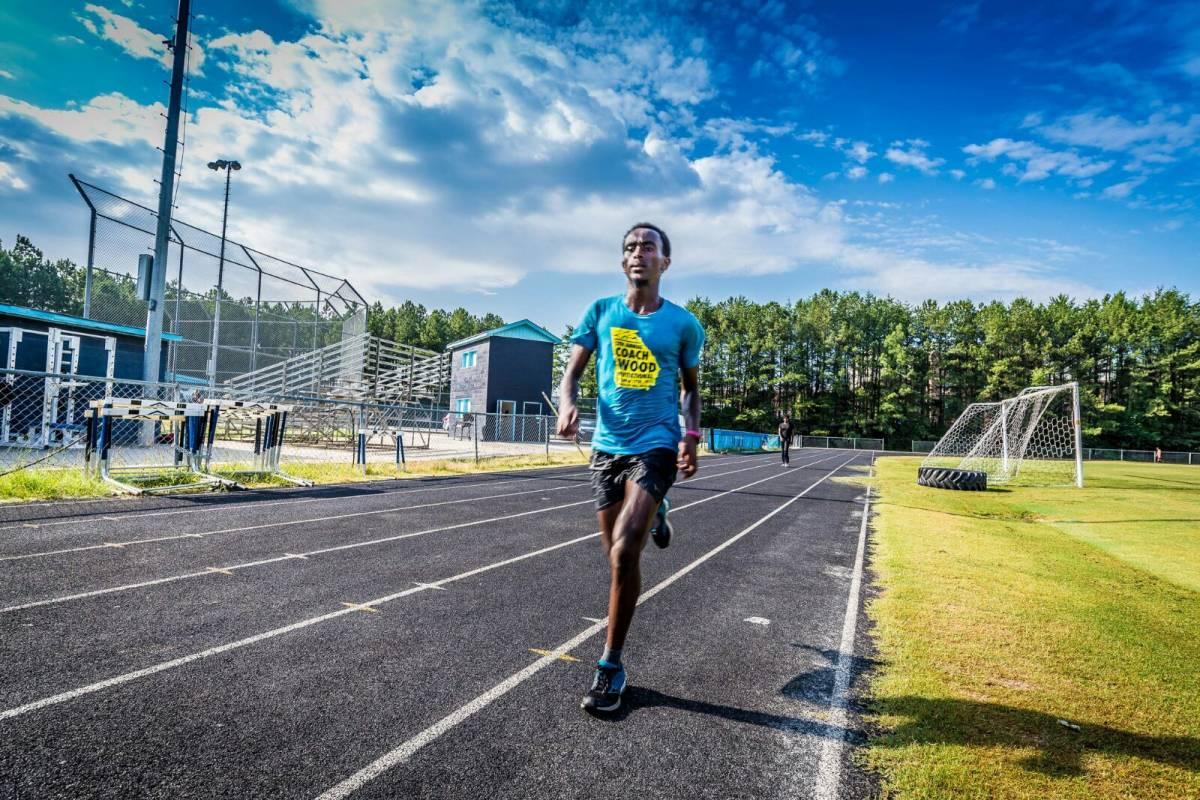
“Joining a sport was a really big deal to me — I was more of a quiet person for a long time, someone who just loves to go to the library and read books and not bother anyone,” Haile said. “Sports helped me be more assertive, especially team sports where I freely spoke, even with my broken English, and my team supported me a lot. It was a lot of hard work, and there's no sugarcoating that.”
After a standout career as a student-athlete, Haile spent a year at Kennesaw State University pursuing a degree in mechanical engineering and gaining experience in research before transferring to Tech. As a part of his research, Haile had the opportunity to work with various professors. Since 2018, Haile has worked in Tech’s Institute of Electronics and Nanotechnology under Professor Oliver Brand developing micro-electromechanical systems-based sensors, or MEMS.
Haile also has been an active member of the community and worked hard to balance his schoolwork and extracurriculars. He has participated in outreach to refugee communities in Atlanta as a UN Millennium fellow, inspired by his own family’s difficulties with immigrating and adjusting to life as refugees in a new country. Additionally, Haile has worked as an assistant mechanic at the Gwinnett County Airport maintaining eight different aircraft, gaining aerospace experience and adding to his already vast knowledge of engineering.
“I see mechanical engineering as the mother of all engineering because I can see a lot of aspects of mechanical engineering in the other engineering fields."
His experience in mechanical engineering over the years is what gives Haile an advantage in the electrical and computer engineering graduate program, especially because of his interest in MEMS.
“I really want to use my mechanical engineering academic background to contribute to the MEMS field,” Haile said. “I have all the tools I need to develop and study those specific types of sensors.”
For now, as Haile begins working toward his graduate degree with the support of the Paul & Daisy Soros Fellowship, he hopes to hone in on his research with MEMS to help make people’s lives easier in developing countries such as Ethiopia and maybe even work in a national laboratory one day.
“I would like to work on developing state-of-the-art sensors that will help develop the Internet of Things and future AI developments because those technologies will not be a reality without the tools that I'm trying to develop,” Haile said. “I would really like to contribute to that, and I'm mainly going to focus on technologies that would simultaneously help developed and developing countries at the same time.”
Haile notes that he could not have gotten to where he is today or earned the fellowship without the help of many mentors and people along the way, especially Assistant Director of Undergraduate Initiatives Valentina De La Fe Salamanca (CEED), Dean and Director Felicia Benton-Johnson (CEED), Director of Education and Outreach Quinn Spadola (NNCI), Education Outreach Manager Lesile O'Neill (NNCI), Academic Advisor Laura Tolliver (ME), Professor Kristi Mehaffey (ME), Professor Oliver Brand (ECE), Program Director Steven Fazenbaker (Student Life), Mindfulness Programming Coordinator Peter Hauge (GT CARE), and Pilot John Post (CFI-Flight Instructor).
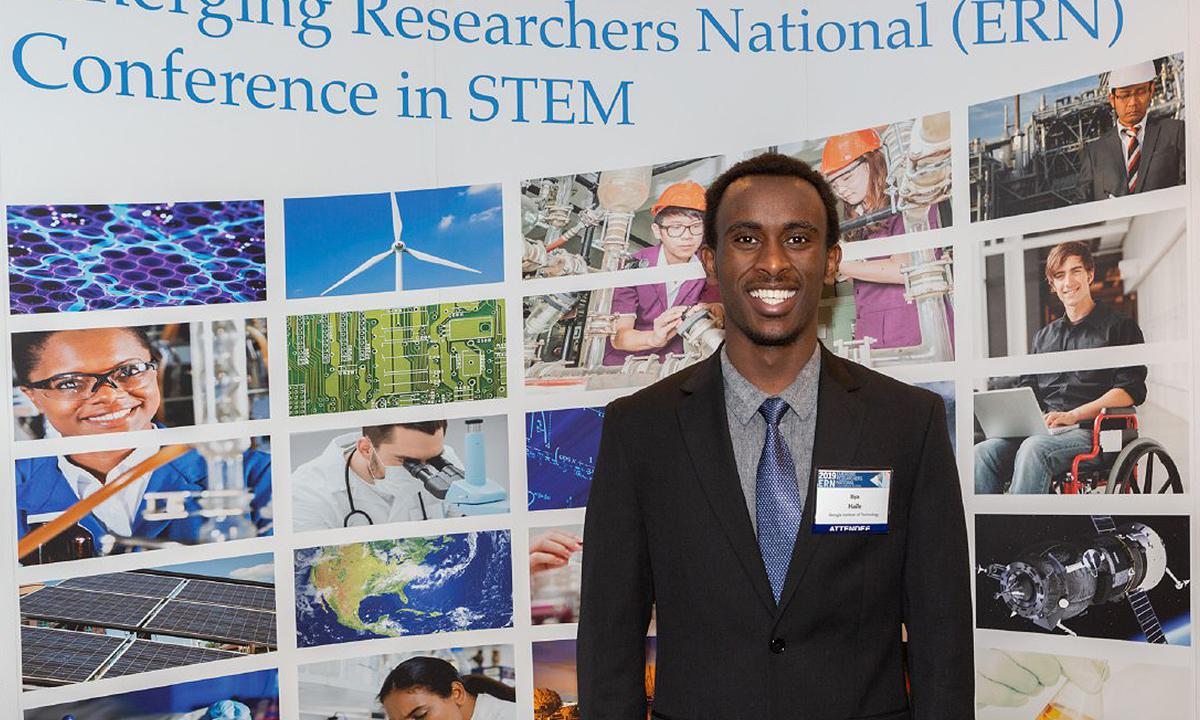
About the Fellowship
The Paul & Daisy Soros Fellowship for New Americans is a merit-based graduate fellowship for immigrants and the children of immigrants. The 2021 class consists of 30 fellows selected from a pool of 2,445 applicants for their immense contributions made to the United States as immigrant or first-generation students of all backgrounds. The 30 Paul & Daisy Soros Fellows will receive up to $90,000 in funding to assist with their graduate education, as well as the honor of being a member of a prestigious community with the Fellows that came before them.